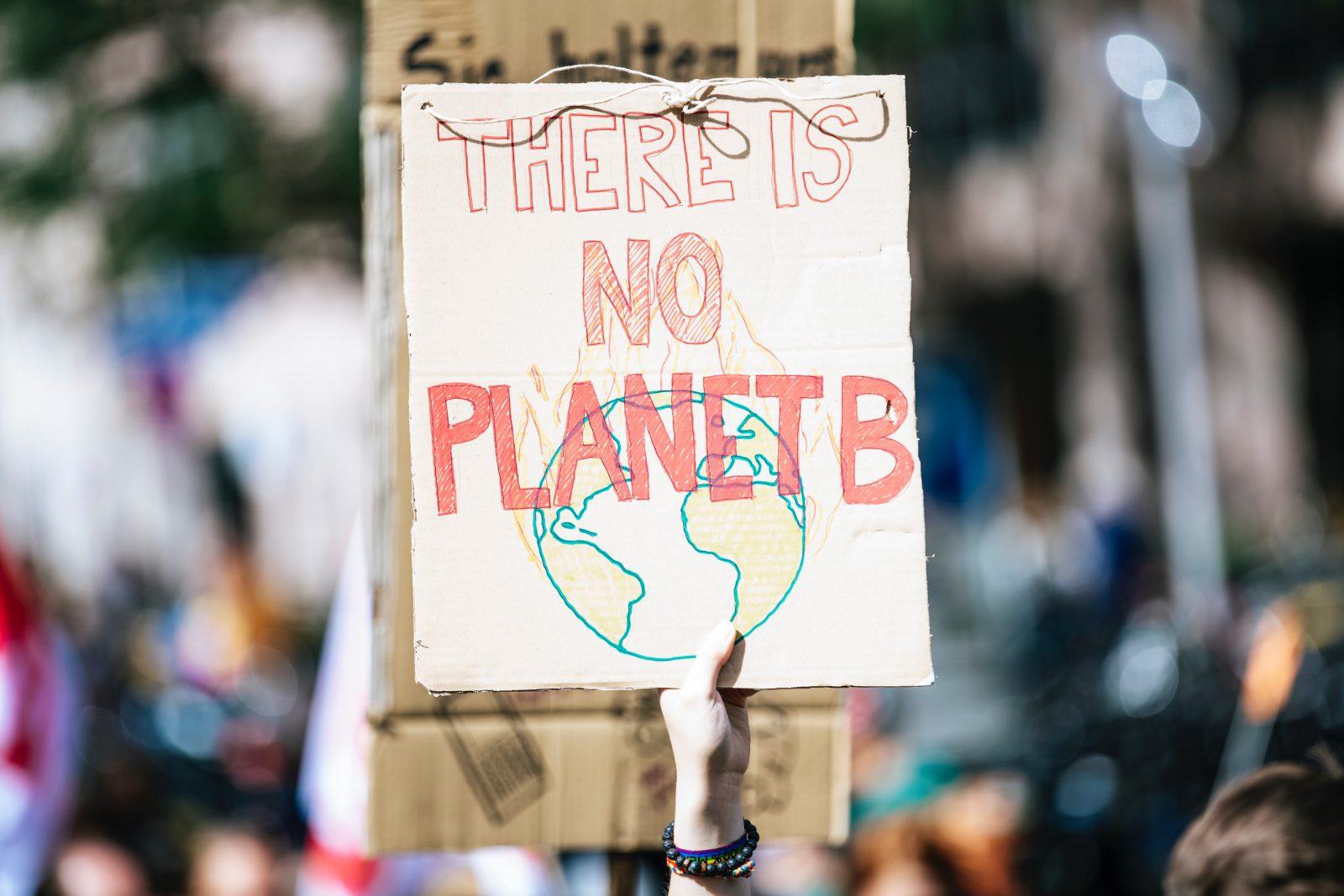
As World Humanitarian Day, 19 August 2021, focuses on bringing together partners from across the humanitarian system to combat climate crisis, we return to the results of our research project Diaspora engagement in times of crisis with Shabaka for inspiration on how to recognise and facilitate the work of diaspora humanitarians in combatting the climate crisis and beyond.
Combatting climate crisis is the focus of 2021 World Humanitarian Day because the effects of climate change are wreaking havoc across the world, largely affecting the world’s most vulnerable populations. According to the World Bank, climate change will be linked to more intense and frequent disasters over the years. In light of such forecasts, it is now more important than ever to pursue concrete avenues to focus humanitarian aid and development initiatives on mitigating the effects of climate change and responding effectively to related disasters.
The ways in which the ongoing Covid-19 pandemic has affected traditional modus operandi in humanitarian and development work is a poignant reminder that partnerships, varied perspectives and creativity are essential if we hope to win the race against the climate crisis. Based on our research and observations, we know that diaspora humanitarians bring a lot to the table in all three elements when it comes to responding to crises.
In June 2021 we published the results of research conducted with Shabaka entitled ‘Diaspora engagement in times of crisis’. The project comprised six country case studies to investigate the drivers, modalities and challenges of diaspora humanitarian action; three of the cases studied are climate-related disasters.
- Sudan: Floods, 2020
- Zambia: Cyclones Idai and Kenneth, 2019
- Nepal: Floods, 2017
*Download the report to read the country case studies in full.
In all three countries, diaspora emergency responses and philanthropy form a natural extension of existing patterns of remittance sending and support for extended family and kin. The research also showed that it was easier to mobilise support from outside the community in relation to natural disasters and complex emergencies, rather than for political crises or conflicts. With the unprecedented operational changes brought by the COVID-19 pandemic and the concerning effects of the climate disasters, the report argues that the way forward is to enable better coordination of humanitarian responses and work to facilitate, promote, and centre diaspora actions in the aftermath of a climate-induced crisis.
These three cases demonstrated the varied and extensive resources of diasporas in responding to climate crises in their countries of heritage, and how they can play a significant role in building and repairing in the aftermath of climate disasters. Similar patterns have been observed in countries not included in the research, but with significant diasporas and climate-related challenges, such as in the Pacific and Caribbean.
Based on the full six case studies which include additional crisis types, we have developed a set of recommendations on how to maximise the potential of diaspora humanitarianism in complement to better-known humanitarian responses from governments and the international community. The are five clusters of recommendations: engaging diasporas across development and humanitarian initiatives; creating agile humanitarian coordination mechanisms; facilitating diaspora action and intra-diaspora coordination; upskilling ‘traditional’ humanitarian actors and diasporas; and communication. The recommendations are tailored to the different types of actor in the humanitarian system and there are short, medium and long-term suggestions.
World Humanitarian Day seems the appropriate moment to revisit these recommendations with a view to putting them into action. The recommendations are available in the full version of the research in English, and have been translated into Arabic, French, Spanish, and Ukrainian in a consolidated version.
For more leading research on diaspora engagement and humanitarianism, see:
- Diaspora engagement in times of crisis – EUDiF & Shabaka
- Mapping study on the roles and faces of African diaspora humanitarianism during COVID-19 – African Union
- Impact of COVID-19 on Sudanese communities in the UK – Shabaka
- Diaspora response to humanitarian emergencies in Pakistan – DEMAC
- Diaspora response to humanitarian emergencies in Somalia – DEMAC
- Diaspora response to humanitarian emergencies in Ukraine – DEMAC
Working with diaspora humanitarians to respond to climate change-induced disasters is, of course, only one side of where diasporas can – and do – contribute to the race against climate crisis. As we discovered during the Going green day of the EUDiF Future Forum, there are lots of examples of diaspora individuals, NGOs and businesses leading the charge in green transitions in their countries of heritage and residence. To ‘leave no one behind’ we must proactively welcome and harness the passion and skills of all in our global society to innovate and implement solutions to mitigate the climate crisis and create a sustainable future for people and planet.
Words: EUDiF & Shabaka
Image: Markus Spiske via Unsplash